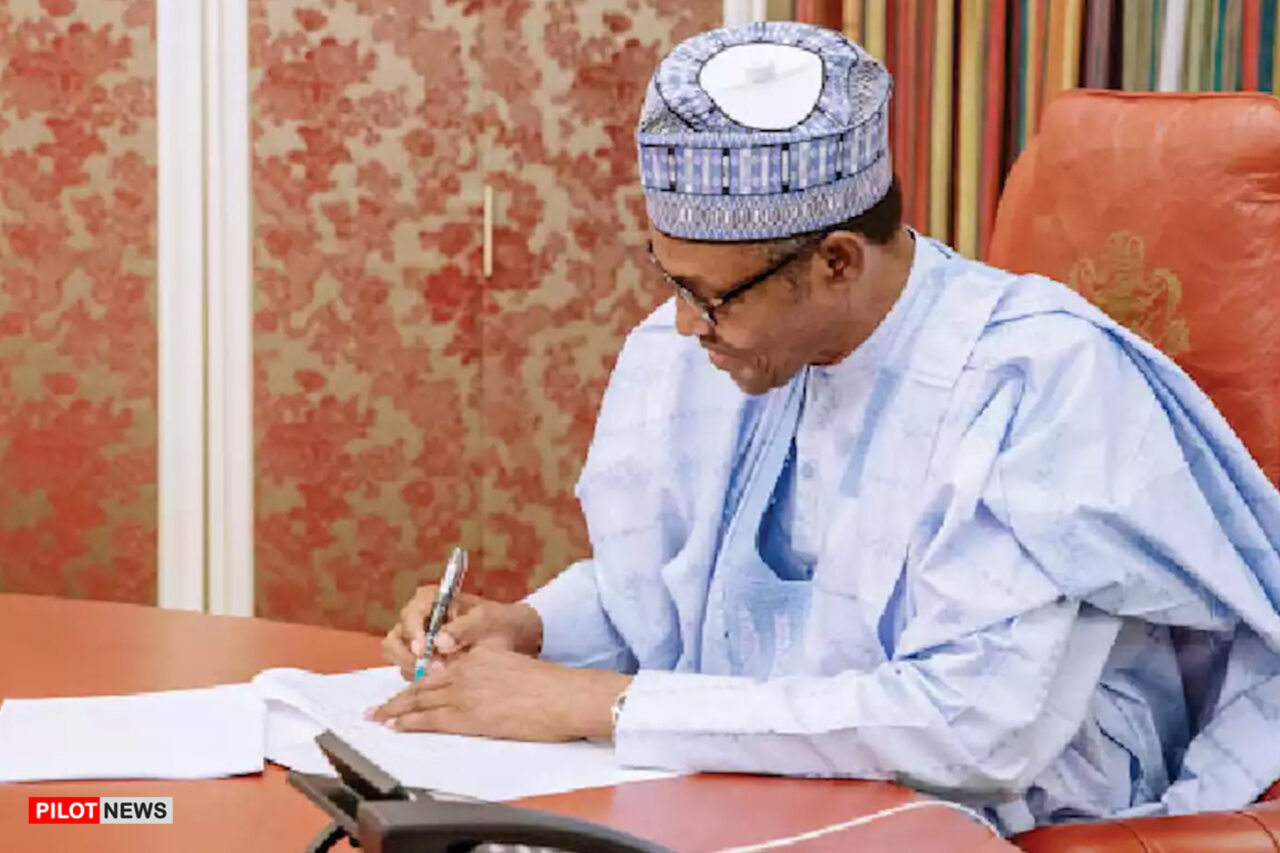By John Campbell
Nigerian lawmakers are seeking passage of a Petroleum Industry Bill (PIB) that would reorganize the oil industry. Since the establishment of civilian government in 1999 after a generation of military rule, repeated attempts at passing a PIB have been made. But the government, the political class, and the industry’s leaders (foreign and domestic) have never reached a consensus that would make the reordering possible of such a crucial industry. The technical issues are exceedingly complex. Uncertainty around the bill has contributed to low levels of new investment in the industry.
However, against the backdrop of low international oil prices, the worldwide move away from fossil fuels, and pervasive security and other crises in the country, the Buhari administration appears to believe that passage now has a good chance. More generally, anecdotal evidence suggests that the political class has recognized that oil is likely to be less important in the future than it has been in the past.
Oil and natural gas are the property of the state. They are exploited in partnerships and joint agreements between the government-owned Nigerian National Petroleum Corporation (NNPC) and privately-owned oil companies, both international (such as Agip, Total, Shell, ExxonMobil, and Chevron) and now numerous small Nigerian firms. In part because of security issues in the oil patch—including attacks on oil facilities reflecting an alienated population—about half of all oil production is offshore. Oil and gas are a relatively small percentage of Nigeria’s economy and employ few but are nonetheless central to government revenue. Revenue from oil provides about 65 percent of government revenue (as of 2018), and securing and maintaining access to it is an essential driver of political-class behavior. Further, successive Nigerian governments made use of below-market-price oil to expand the country’s political influence, especially with member states of the Economic Community of West African States (ECOWAS). Hence the PIB is a profoundly political document, with winner and losers.
Will the Buhari administration succeed in passing a PIB? The chances would appear to be good for the passage of some sort of legislation. But what the new bill will actually mean will depend on the details—and also on the institutions and schedules required for its implementation. Hence a passed PIB is not over “until the fat lady sings.”
John Campbell is the Ralph Bunche senior fellow for Africa policy studies at the Council on Foreign Relations in Washington, DC. He was a former U.S. ambassador to Nigeria. He writes the blog Africa in Transition. This article first appeared in CFR.



